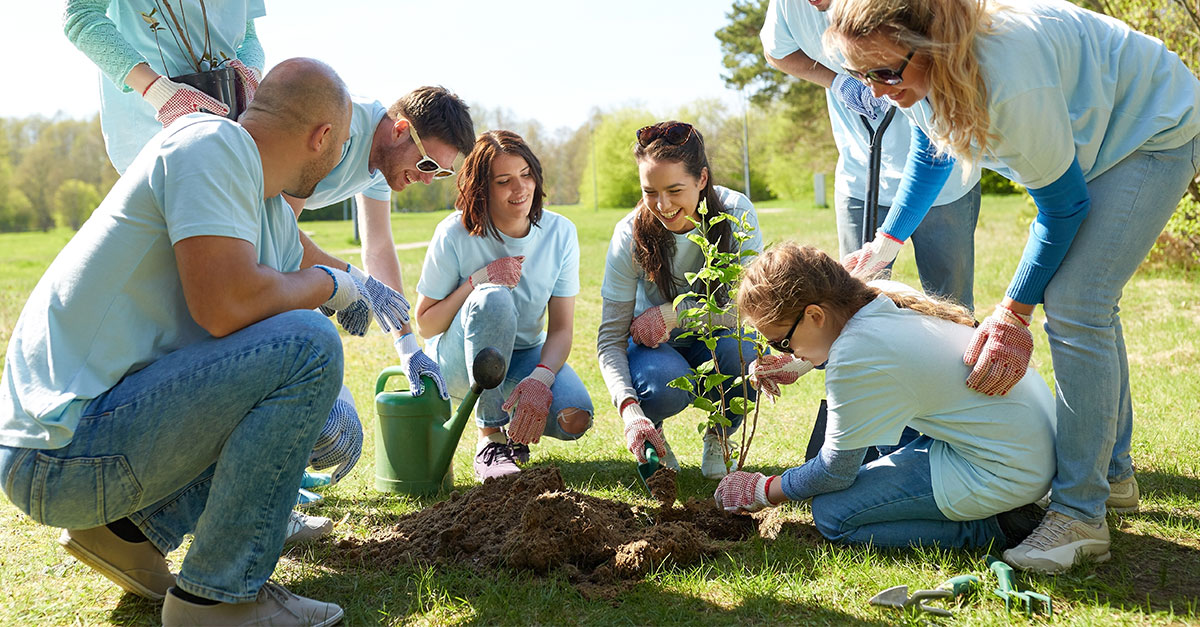
“Municipal institutions constitute the strength of free nations. Town meetings are to liberty what primary schools are to science; they bring it within the people’s reach, they teach men how to use and how to enjoy it. A nation may establish a free government, but without municipal institutions it cannot have the spirit of liberty.” – Alexis de Tocqueville (Chapter V)
When the Frenchman Alexis de Tocqueville visited America in 1831, he was impressed with the level of civic engagement he saw among the American people. In his book, Democracy in America, Tocqueville often mentions his respect for the political activeness of the average American citizen. Tocqueville understood that America is designed to work best when her citizens are involved on the community level.
Preserving the health of our nation begins with its smallest institutions. The home is the first circle of influence in our society. Healthy families can create a healthy society while dysfunctional families can create a dysfunctional society.
Directly outside the home is the neighborhood and the greater community. This is where Tocqueville’s words as quoted above begin to take on meaning. The “spirit of liberty” is found in municipal institutions — that is, institutions within the community. From churches to firehalls to schools, our society is built on a multitude of geographically-specific groups of people coming together to work towards their common good.
Beyond the community, there are counties and regions. Then there is the state level, with its legislature. Finally, there is the federal level with its three branches of government. Again, on each of these levels, society is made up of the individuals working together to accomplish the greatest good and solve bigger and bigger problems.
Helping kids see where they fit in the grand scheme of things and the important influence they can have is incumbent on the parents. If parents are involved in their local neighborhoods and communities, their children will be able to see the value of civic engagement and as as they grow older, those children will be able to understand the impact of small actions in a larger community.
Here are three quick tips for civic engagement:
1. True and lasting change begins slowly, often imperceptibly, and on a very small level. If you focus on being a supportive spouse, an engaged parent, a dependable worker, and an upstanding member of the community, you’ll be sending ripples through the pond and will be helping make America a better place.
2. Seize opportunities to be active and engaged: vote in local, not just presidential, elections; participate in community food and clothing drives; find out how you can get involved mentoring youth through programs like Big Brother Big Sister.
3. Encourage your children to be active in their community. Help them learn to be good leaders and provide opportunities for them to be involved in community service. Consider things like volunteer work, community theater, church or school outreach projects, etc.
It’s been 183 years since Alexis de Tocqueville visited America and yet his words still ring as true today as they did then — “a nation may establish a free government, but without municipal institutions it cannot have the spirit of liberty.” As American citizens, we have the privilege and responsibility to care for our society by being active and engaged in our homes and our communities.
Part four of a four part series on civic engagement.
Part 1 – Why You Should Vote
Part 2 – Voting With My Parents
Part 3 – Obama, Millennials, and the 2008 Election
Part 4 – Tocqueville on Civic Life
Image Source: Shey Marin Photography




Leave a Reply